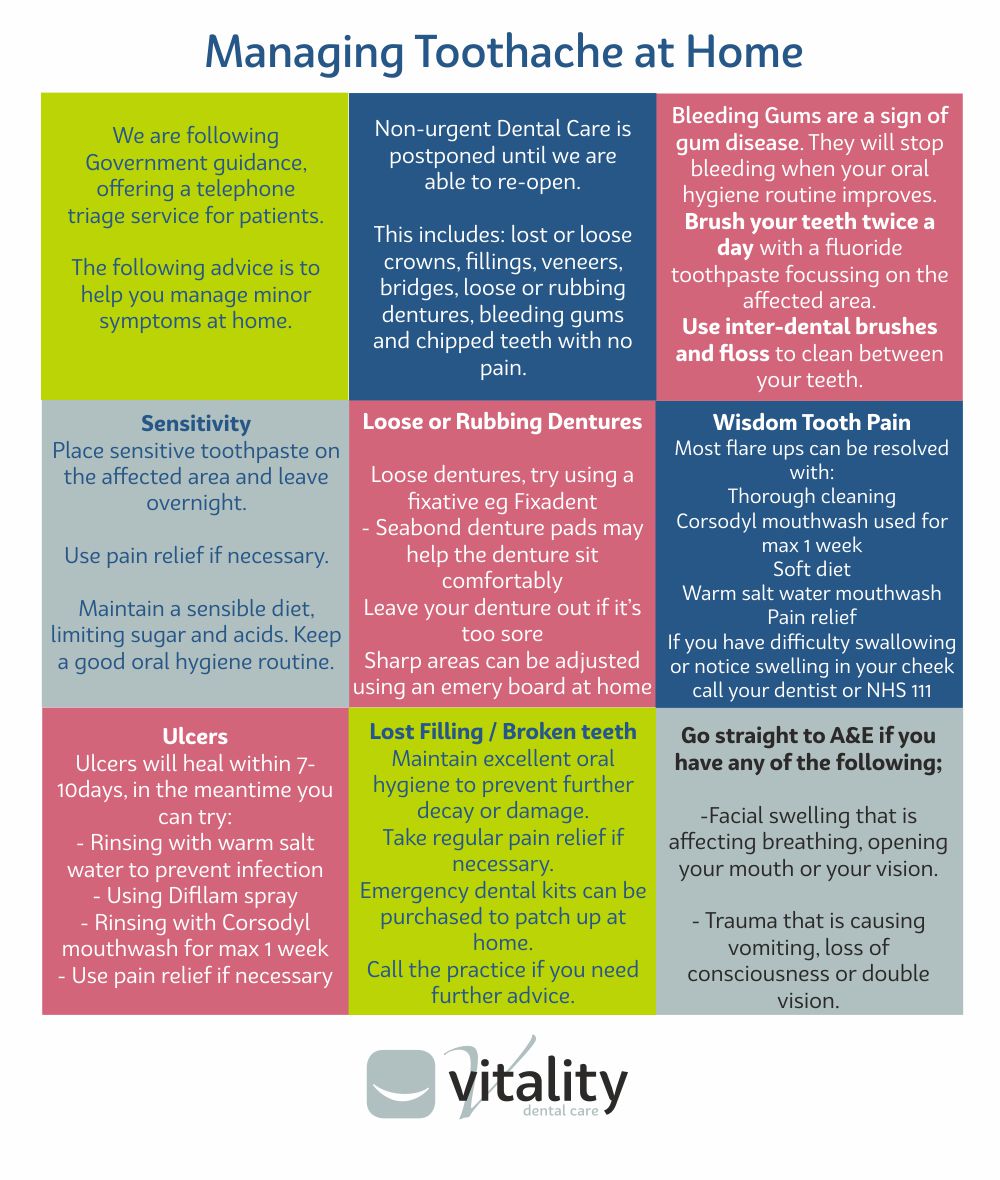Dental Implants in Stokesley
Losing a tooth is never nice whatever age you are. The older you get the more likely you are to be missing a tooth or two, if so statistics suggest that you may be a part of a majority of people in the UK. Almost three-quarters of Brits are without their full set of natural teeth, and 6% have none left at all. We have come to know that a significant number of the people living with missing teeth, wear dentures. Although dentures are an affordable way to replace lost teeth, they can be difficult to wear. Although some people get on really well with dentures, some patients find even the most accurate dentures at best a chore to wear, or at worst it can have really negative effects on their self-esteem and confidence. This can be due to aesthetic compromises, the fit of the dentures or in some cases, both.
In recent years dental implants have become increasingly popular as they make tooth replacement more predictable. Whether you are currently missing a tooth or contemplating getting your dentures relined for the nth time this year, you may want to try dental implants as a fixed and reliable solution to tooth loss.
What are dental implants?
Dental implants are titanium posts that are surgically placed into your jaw essentially replacing the natural tooth root you lost. A dental crown is then secured onto this implant- this helps create a beautiful aesthetic and very natural functionality. This is not always the case with conventional dentures.
The NHS describes dental implants as a fixed alternative to removable dentures which may be the only option if the loss of teeth has caused the mouth to shrink so it can no longer support dentures.
Types of dental implants
Endosteal (in the bone)
These are the most commonly used dental implants wherein various types of implants may be surgically placed into the jawbone. Each of the implant placed may hold one or more prosthetic teeth. This type of implant is generally used as an alternative for patients with bridges or removable dentures.
Subperiosteal (on the bone)
These implants are placed on top of the jaw with the metal framework’s posts protruding through the gum to hold the prosthesis (teeth). These types of dental implants are used when the patient does not have adequate healthy bone left (minimal bone height) and are unable to wear conventional dentures.
Who can get dental implants?
Since dental implants interact closely with the other oral structures, it is important that a thorough assessment of the oral cavity is done prior to the placement of dental implants. The ideal candidate for dental implants is a patient with:
● Healthy gums (free of periodontal (gum) disease)
● Adequate bone volume in order to support the implant (in the absence of adequate bone support, you may have to receive an additional bone grafting procedure)
● Excellent oral hygiene habits and regular dental and, if deemed necessary by your dentist, hygiene visits.
Smoking negatively impacts the success of dental implants, this will be reflected in the prognosis an implant dentist will provide you at your consultation, or they may feel implants are not in your best interest. If a patient who smokes would like implants and would like to quit smoking your dentist can help signpost you to healthcare professionals who can provide advice and support to help you quit..
People suffering from uncontrolled chronic disorders such as diabetes or heart disease or patients who have had radiation therapy to the head and neck region in the recent past need to be evaluated by an implant dentist prior to getting a dental implant.
What is involved in the Implant procedure?
The procedure begins with a consultation with a dentist with a special interest in implants. Depending on your specific condition and the type of implant chosen, your dentist will create a treatment plan that meets your unique dental needs.
Dental implant surgery is done in stages with an intermittent healing period after the initial implantation of the titanium post.
● The dentist evaluates the health of the bone and overall status of the mouth to fabricate the treatment plan that best suits the patient’s needs. A patient x-ray and/or CT scan is required to determine if adequate bone support is present. The scan can be done in-house at both Vitality sites in Stokesley and Northallerton with our Digital CT scanner.
● If a tooth is grossly decayed or is broken, the tooth will be extracted after which a dental implant plan will be put into place. Depending on the condition of this tooth specifically the presence of any infection a period of healing may be required before an implant can be placed. Your implant dentist will advise you of your individual needs.
● The bone will be prepped for surgery and may require bone grafting if there is insufficient bone to support the implant.
● The titanium post is placed into the jaw bone and buried under the gum to heal for at least three months. During this time the bone fuses to the implant.
● Once healed, the dentist will begin the process of fabricating the teeth that will fix onto the implants.
The average treatment time for the whole procedure is 6 months to a year depending on the implant treatment plan.
Benefits of dental implants
Dental implants have been around for more than 30 years enjoying a success rate of as high as 98%. With implant treatment being this well-established, patients can be confident that the following can be reliably delivered with implants:
● Aesthetics: Unlike dentures and dental bridges, dental implants are aesthetically superior and can closely replicate the look of a natural tooth. With a wide range of crown shades, they create teeth that look and feel like your very own.
● Oral function preservation: Not only do dental implants look like natural teeth, but they also function like real teeth! Since these implants are made custom-fit to your mouth, they make life easier by allowing complete functions like eating and talking like normal!
● Long-lasting: Dental implants have a long-life expectancy if taken care of properly. As with natural teeth, their life span depends on a number of factors including good oral hygiene routine and attending regular maintenance visits.
● Tooth preservation compared to:
○ Partial Dentures – Even the best partial dentures will retain plaque, this increases the risk of tooth decay and gum disease. If you follow your dentists oral hygiene advice implants will be no different to normal teeth so will have less long term impact on your remaining dentition
○ Bridges – In most cases some level of damage will need to occur to adjacent teeth when providing a dental bridge. This can significantly reduce the long term prognosis of an adjacent tooth, or adjacent teeth depending on the design of the bridge. Implants negate the need to rely on adjacent teeth so will increrase the time you have with your remaining teeth.
How much do dental implants cost?
Vitality Dental Care offers dental implants starting from a modest price of £2200. This includes the implant, connecting component, and the crown. This price may vary depending on the complexity of the case. You will be made aware of all costs, finance options and individual implications for any treament recommended for you following your free consultation with our implant dentists.
Missing teeth can make you feel self-conscious when smiling and dentures can affect your confidence when eating if they wobble or drop when talking. You will not have to go through these nuisances with dental implants. With dental implants, not only are you investing in your present but also securing your future with a full set of beautiful teeth. Connect with Vitality Dental Care Stokesley to find out more about dental implants!


